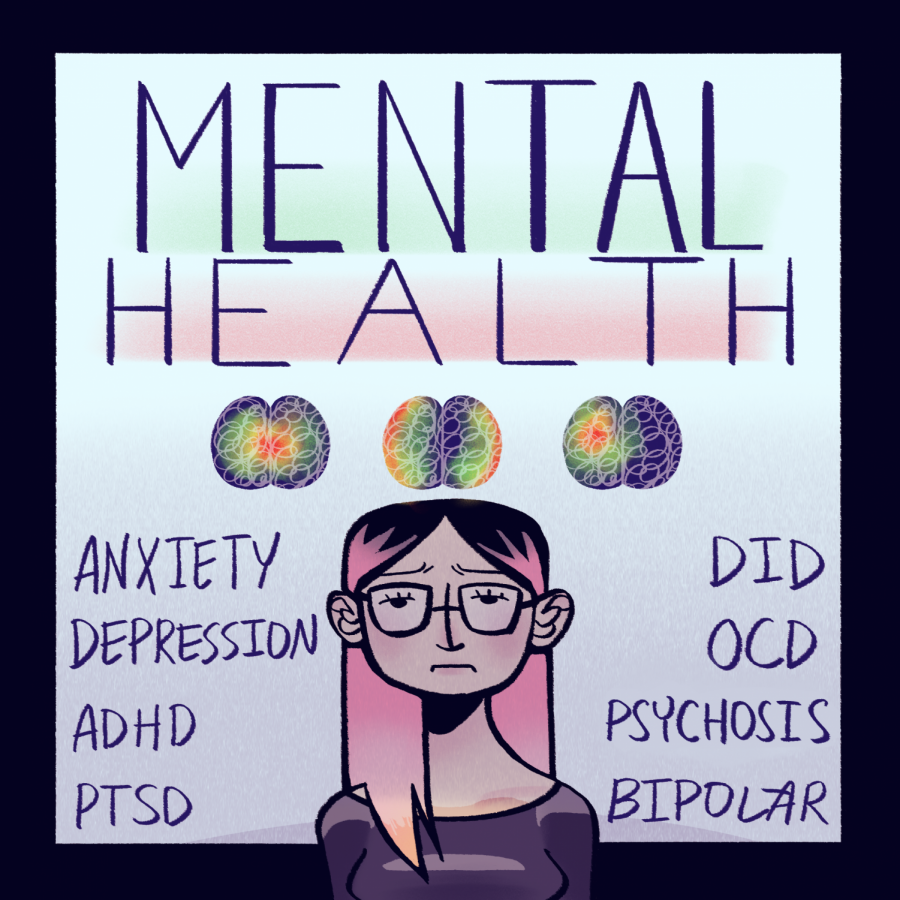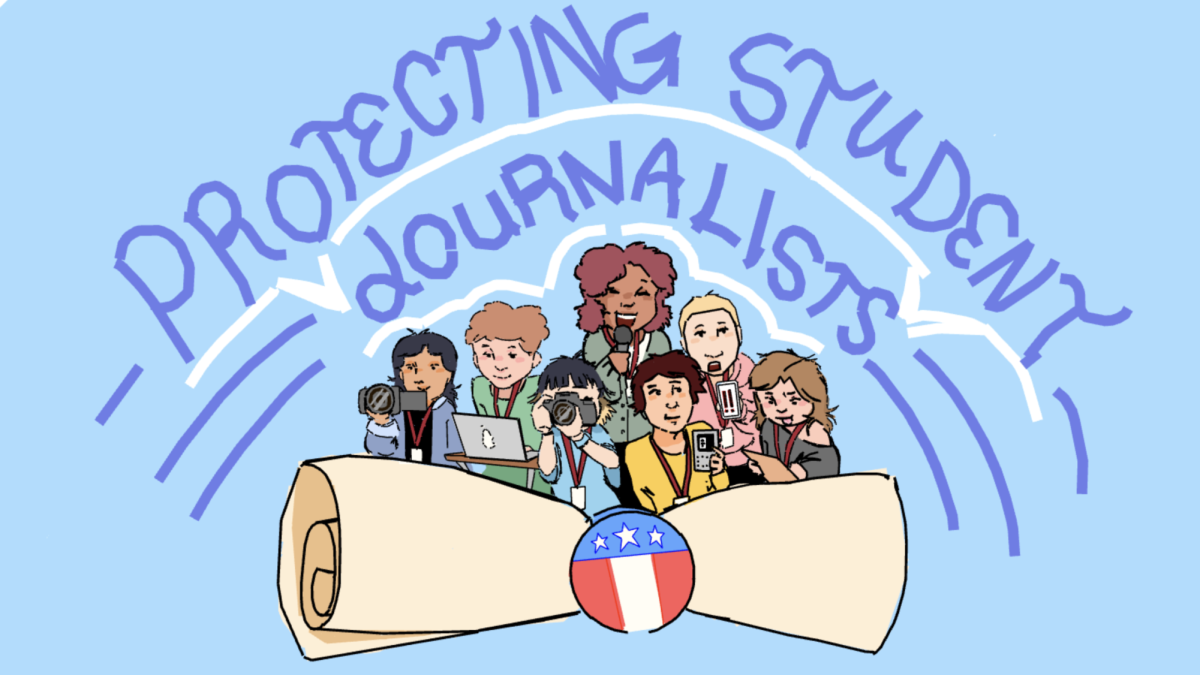[Opinion] BCPS mental health seminars become an ineffective resource
Many students consider the regular mental health seminars mandated by the state of Florida to be unhelpful.
November 10, 2021
As of 2019, various Broward County schools, including Marjory Stoneman Douglas High School, have mandated teachers to teach a minimum of five hours in mental health seminars per year.
According to a policy titled the “Marjory Stoneman Douglas Comprehensive Health Mandate,” all students are required to complete mental health modules during their English and Social Studies classes over the course of a few months. However, it is evident that these “seminars” serve only to check boxes for the Broward County School Board, and how it repeats information most children with a third grade education already know, which comes off as rather condescending towards students.
Not only does it take away valuable class time from core subjects, it is also ineffective in its teaching methods. Many students have said that the mental health courses did nothing more than undermine their own illnesses.
An example of a phrase being used throughout the course in regards to students who have anxiety was “just breath.” This kind of thinking needs to be heavily reviewed by mental health professionals.
The school board is teaching the students overly-simple “coping mechanisms” that make the students feel like their mental illness is not that serious because it can be solved “so easily.” At the end of the day, many of these coping mechanisms do not work for everyone since every individual has differing characteristics.
They say students should just tell someone about their problem, not taking into account each person’s unique situation. In the ‘Anxiety’ section of the BCPS Mental Health seminars, many statements such as, “some protective strategies that can help to reduce the symptoms of anxiety include identifying and accepting emotions and managing stress,” display naivety in their structure.
Simply identifying emotions won’t make them any less prominent, and if one was capable of managing stress correctly, then this seminar doesn’t apply to them, only the small range of students who can actually put this advice to good use.
Yet another example of a hollow “fix” for trauma is, “emotions are the body’s automatic response to people, places, things, and events,” the course says. While this is the definition of what emotions mean, it is not exactly a path for solving trauma-related problems.
These “solutions” are, at their core, ineffective and condescending. For many students, these problems won’t be resolved because of a video that tells them not to be sad.
These issues could easily be addressed by simply conducting research and interviewing students with mental illnesses. If they only asked a few questions then the whole process would have been made more successful and impactful by including real accounts of kids with the unique needs discussed in the course.
Not only is the clear lack of research, and ineffectiveness seen in the seminar concerning, but it also doesn’t take into account neurodivergent students (those with a variation in the human brain regarding sociability, learning, attention, mood and other mental functions). Those with any form of eurodivergency, such as ADHD, OCD, DID, etc., do not have the same problems as neurotypical people, and don’t have the same ways of solving them. According to a recent survey at MSD, 70% of the neurodivergent students had complaints about the structure of the seminar.
Instead, it would have been better to hear from those who suffered from a form of mental illness in high school and survived it, even if it was a struggle. This is an easy way to relate to the students while giving them hope in place of cold and ineffective online courses.
While the students at MSD appreciate how the school board is making an effort to address the increasing mental health concern among high school students, there needs to be more research done before they can formulate a course of action that will prove more successful towards all types of students.













